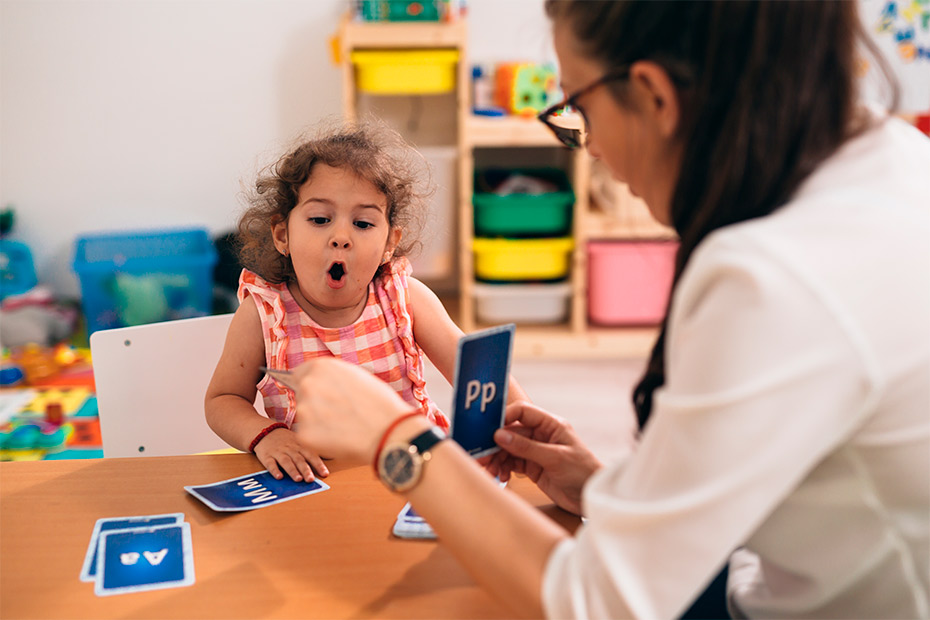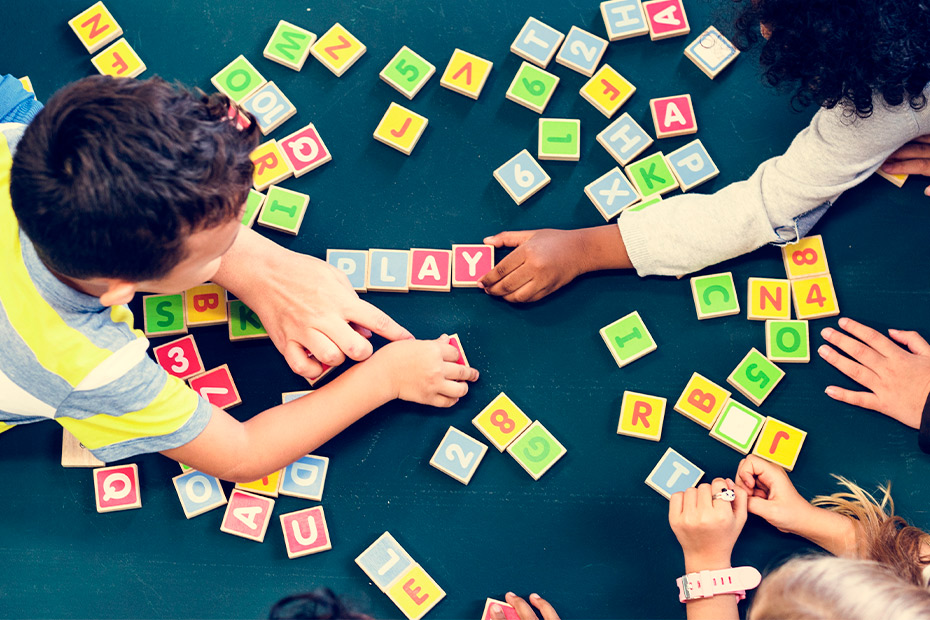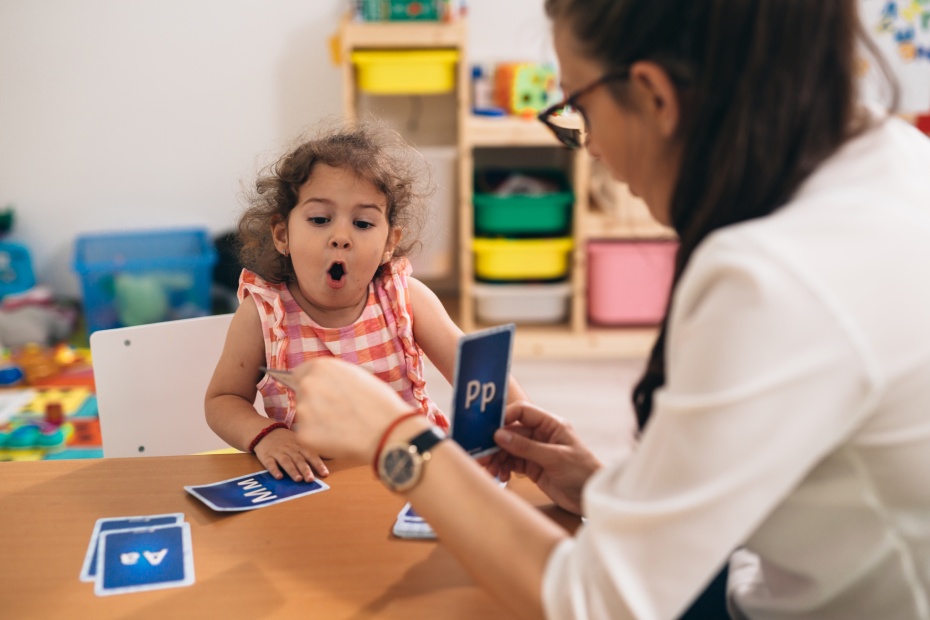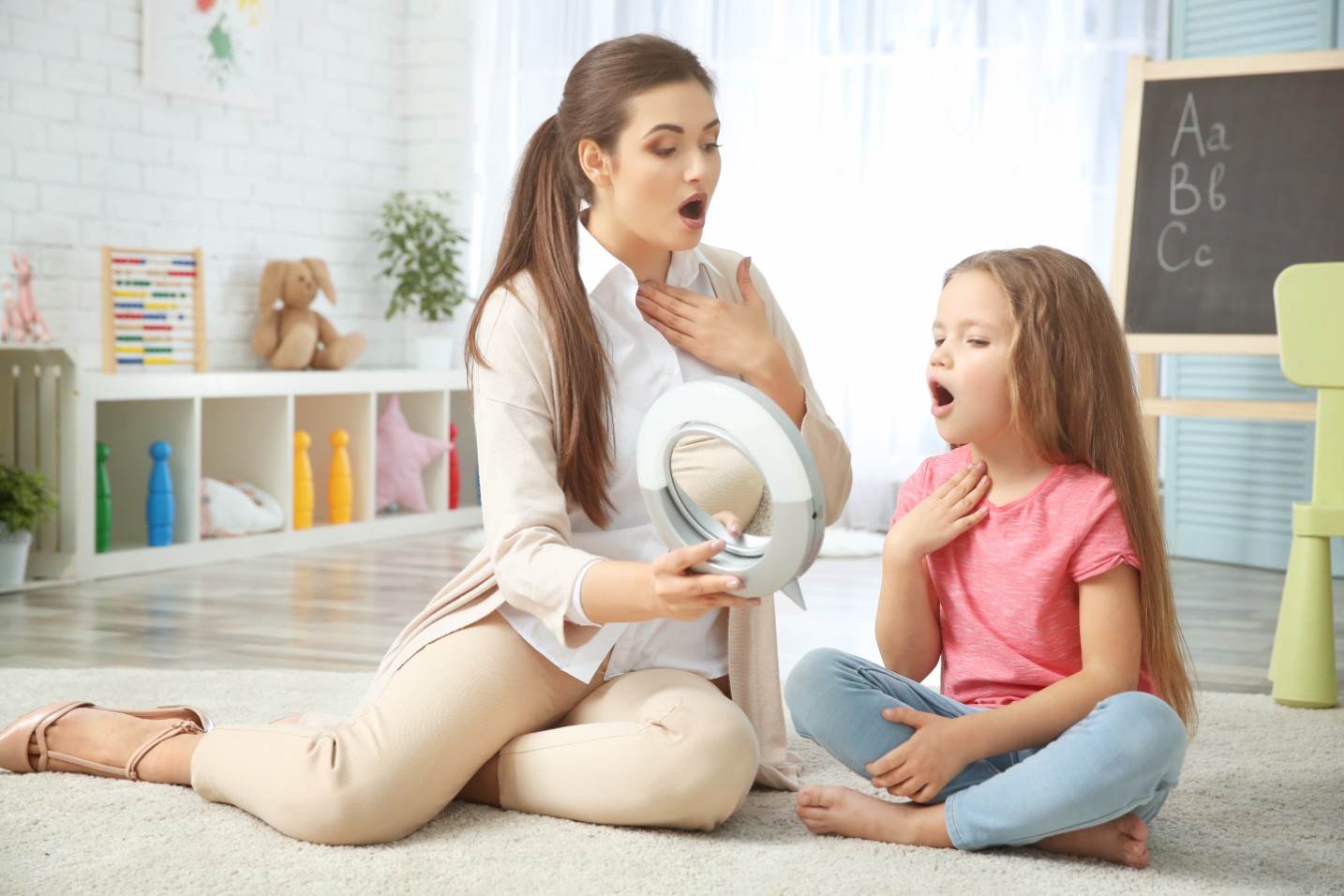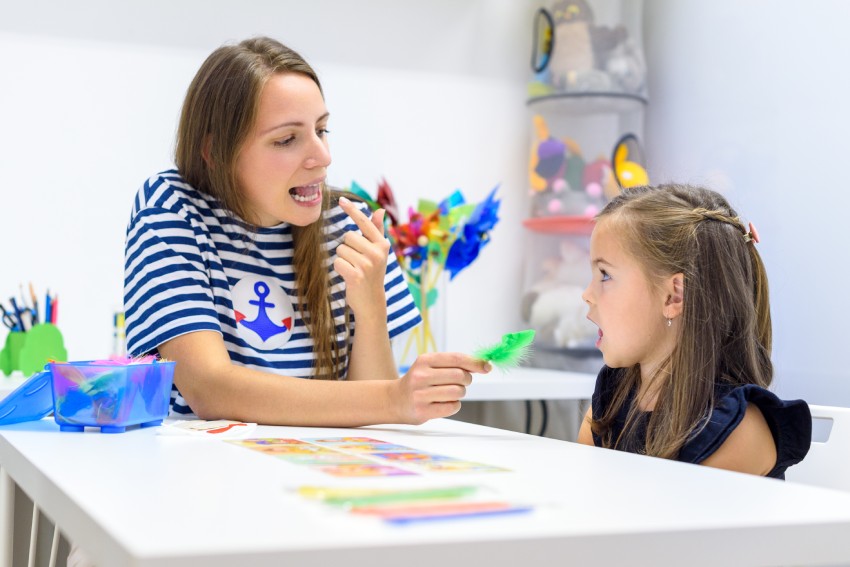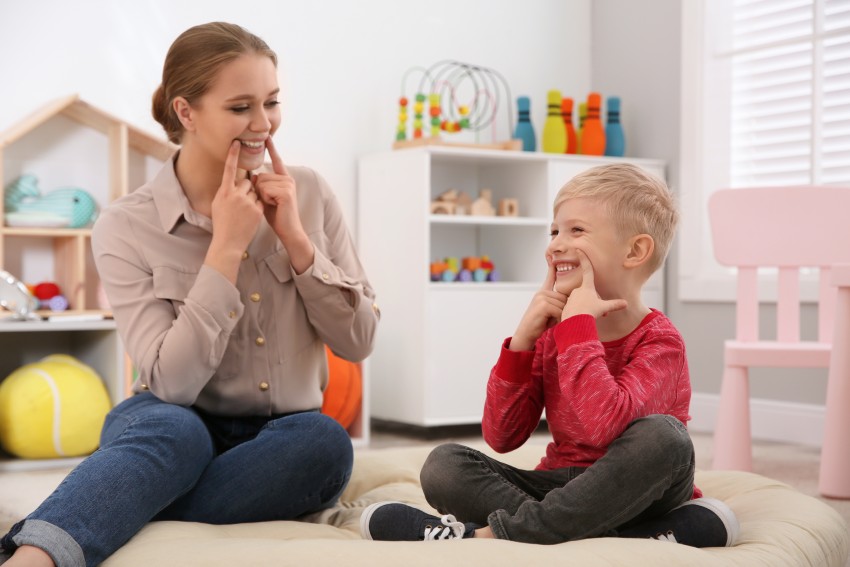
When children need speech therapy, games transform a clinical experience into an engaging opportunity for growth. Rather than viewing therapy as work, kids see it as playtime, all while developing fundamental communication skills. Speech-language pathologists understand that children, especially younger ones, learn best through play, making games the perfect vehicle for practicing new skills.
Making Speech Practice Engaging
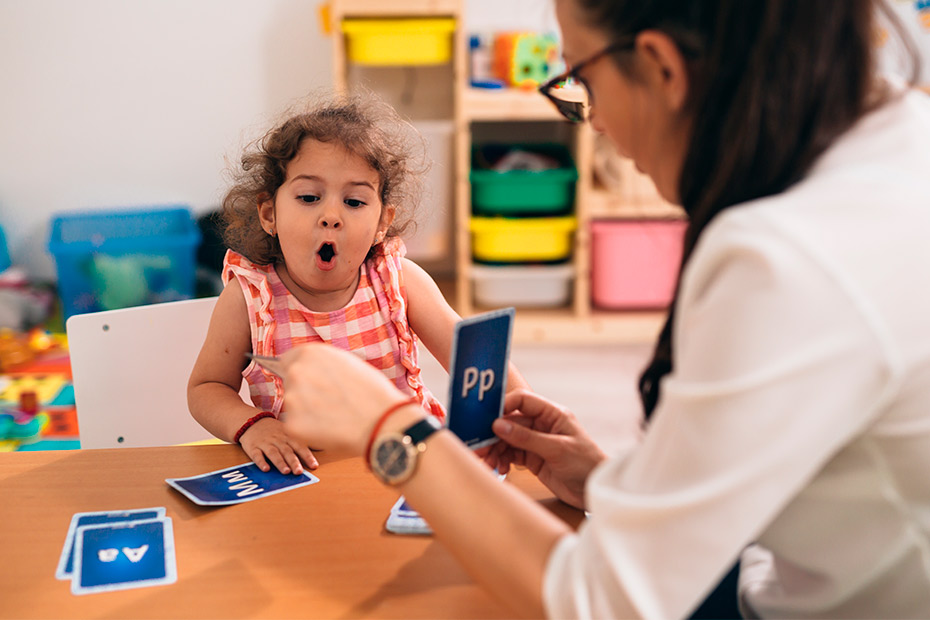
Games aren’t just entertainment. They can transform speech therapy into an enjoyable, stress-free experience while improving communication skills. When children are having fun, they are more motivated to participate and less anxious about practicing challenging sounds. A playful environment helps them feel safe to try new speech patterns and language skills they might otherwise avoid.
Here’s why games work so well in speech therapy:
- Boost motivation and reduce anxiety: Fun activities encourage children to practice consistently without feeling pressured.
- Support articulation practice: Games provide natural opportunities for repeating target sounds and words.
- Build vocabulary and comprehension: Play-based interactions create meaningful contexts for learning new words.
- Develop social skills: Turn-taking games improve conversation abilities and peer interaction.
- Strengthen listening skills: Following rules helps children practice attention and direction-following.
Another major advantage of games is their adaptability. A single game can be modified for different skill levels and goals, making it ideal for personalized therapy. Research shows that therapy is most effective when carried over into the home, and games make at-home practice easy and enjoyable for the entire family. Let’s explore the five outstanding speech therapy games that turn practice into play.
Top 5 Speech Therapy Games for Kids
After working with hundreds of children, speech-language pathologists have identified certain games that consistently engage kids while effectively targeting communication goals. The following five games stand out for their versatility, appeal to children, and proven results in speech therapy settings.
1. Pop the Pig: Turn-Taking and Requesting Fun
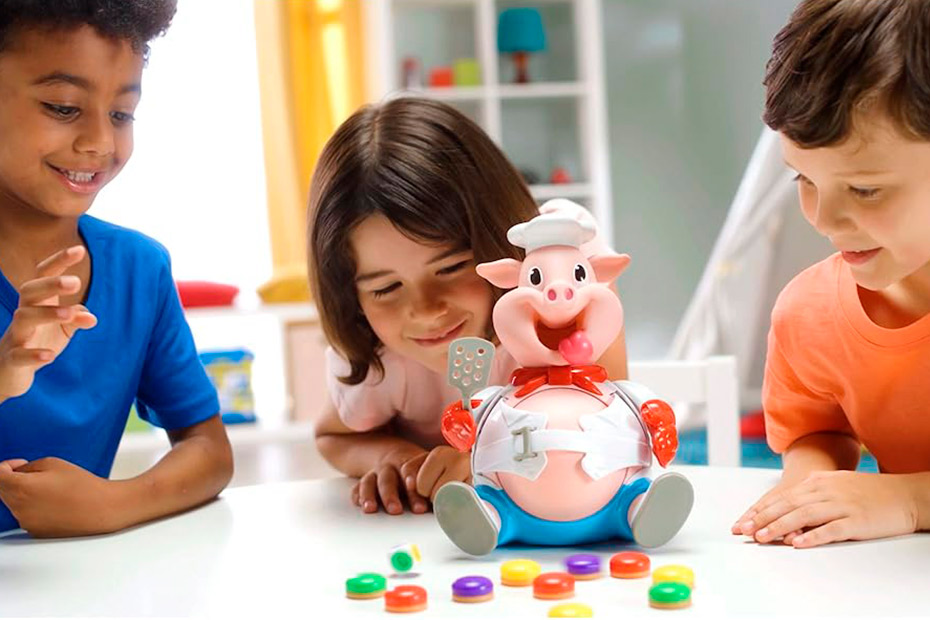
Pop the Pig is a favorite among children because it blends suspense and laughter into every turn. Players roll the dice to pick a hamburger color, flip it over to see a number, and press the pig’s hat that many times until his belly pops.
Why It Works for Speech Therapy
Pop the Pig naturally incorporates multiple speech and language skills into a single game session:
- Encourages Verbal Requesting: Children practice saying “I want a red hamburger” or “Your turn” to participate.
- Teaches Colors, Numbers, and Concepts: Reinforces basic vocabulary with every roll.
- Builds Anticipation and Motivation: The “popping” moment excites children, making speech attempts more spontaneous.
- Supports Visual Learners: Therapists can add visual cards for children with autism or limited verbal ability to support communication.
This game’s adaptability makes it a great choice for children at different skill levels, helping them practice turn-taking, following directions, and making requests in a playful setting.
2. Zingo: Building Vocabulary and Sentence Skills
Zingo transforms language learning into a Bingo-style game where players slide the Zinger device to reveal picture tiles. Children race to match them to their boards, creating excitement and natural speech opportunities.
Why It Works for Speech Therapy
Zingo is highly versatile, making it easy to target specific speech and language goals:
- Expands Vocabulary: Players name objects as they match tiles, reinforcing word learning.
- Promotes Sentence Formation: Therapists can require full sentences (“I have a dog”) for each match.
- Strengthens Question-Answer Skills: Children practice yes/no or “Do you have…?” questions.
- Encourages Social Turn-Taking: Perfect for group therapy to build peer interaction skills.
Parents can use Zingo at home to reinforce therapy sessions, ensuring vocabulary and sentence practice carry over into daily life.
3. Memory Matching: Sound Practice and Attention
Memory Matching is a simple yet powerful game for articulation and auditory memory. Players flip cards to find pairs, naming each card as they go.
Why It Works for Speech Therapy
- Supports Sound Repetition: Target sounds can be repeated multiple times per turn, boosting articulation practice.
- Improves Memory & Focus: Strengthens attention and working memory while children search for matches.
- Easily Customizable: Parents or therapists can make cards with pictures containing specific speech sounds.
- Adjustable Difficulty: Use fewer cards for beginners or more for a bigger challenge.
Memory Matching helps children practice speech sounds in a structured yet playful way, keeping them engaged without feeling like they are doing “drills.”
4. Barrier Games: Strengthening Descriptive Language
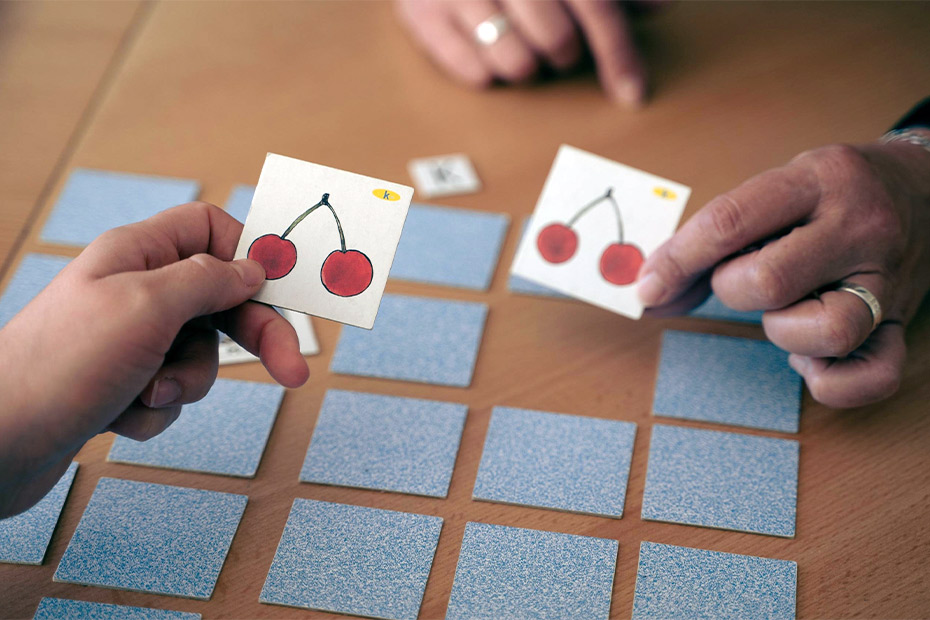
Barrier games involve two players separated by a physical barrier (like a folder or book). Each player has the same set of items, and one gives verbal instructions while the other follows them to recreate a scene or pattern.
Why It Works for Speech Therapy
- Boosts Descriptive Skills: Children learn to use precise vocabulary (“Put the blue square above the red circle”).
- Improves Listening Comprehension: The partner must follow directions accurately.
- Promotes Turn-Taking: Players switch roles, practicing both giving and receiving instructions.
- Encourages Clear Speech: Children realize that unclear speech leads to incorrect outcomes, motivating them to articulate.
Barrier games are particularly valuable for children who need to practice expressive language and comprehension while developing social communication skills.
5. Go Fish: Sound Practice in a Familiar Format
Go Fish is a classic card game where players ask each other for matching cards. A perfect setup for speech sound practice.
Why It Works for Speech Therapy
- Reinforces Target Sounds: Children repeat sounds like /g/, /f/, or /sh/ each time they ask for a card (“Do you have a fish?”).
- Builds Question-Forming Skills: Encourages correct grammar and sentence structure.
- Supports Social Skills: Teaches patience, turn-taking, and conversational exchanges.
- Provides Predictable Structure: The familiar format makes shy or reluctant speakers more comfortable.
Therapists often customize Go Fish decks with words or images that focus on a child’s current speech goals, creating a fun way to get many repetitions in a single session.
Why These Games are Successful
The beauty of these games is that they work just as well in professional therapy sessions as they do at home. Parents can reinforce therapy goals between sessions, giving children consistent practice in a setting that feels like play rather than work. Whether a child is working on specific sounds, expanding sentences, or developing social communication skills, these games provide an enjoyable framework for practice.
Tips for Maximizing Learning with Speech Therapy Games

While speech therapy games are inherently engaging, a few strategic adjustments can significantly enhance their effectiveness. The most successful therapy happens when games are thoughtfully adapted to match a child’s specific communication goals and implemented consistently both in therapy sessions and at home.
Adapting games to suit your child’s unique needs doesn’t have to be complicated. Simple modifications can make activities more accessible while still targeting important skills. Speech-language pathologists often customize familiar games with remarkable results:
- Simplify rules or reduce choices for children who become overwhelmed
- Add visual supports to help children with limited verbal abilities participate
- Modify materials to focus specifically on target sounds or vocabulary
- Adjust difficulty levels as your child progresses
The most natural learning happens when speech practice feels like part of the game rather than a separate exercise. Look for opportunities to incorporate communication goals seamlessly into play:
- Have your child say a target word or phrase before each turn
- Create natural opportunities for requesting (“Can I have the red one?”)
- Encourage complete sentences when describing game pieces
- Model correct speech patterns during your turns
Consistency is imperative for progress in speech therapy. Regular practice in a positive, supportive environment helps children develop confidence along with communication skills. Speech therapists emphasize that patience and encouragement are essential when practicing at home:
- Schedule short, frequent practice sessions rather than occasional long ones
- Celebrate effort and progress, not just perfect pronunciation
- Keep the atmosphere light and fun to maintain motivation
- Consult regularly with your child’s speech therapist for personalized strategies
Remember that your child’s speech-language pathologist is your best resource for customizing games to meet specific communication goals. They can provide tailored suggestions based on your child’s unique needs and progress.
With consistent, playful practice, speech therapy games can transform challenging communication work into an enjoyable journey of growth and confidence.
Enhance your child’s speech and language skills in a fun and engaging way with Tip of the Tongue Rehab Services. We offer a range of interactive games designed to support your child’s communication development. Our expert Speech-Language Pathologists integrate play-based strategies to make learning enjoyable and effective.
From classic board games like Zingo and Pop the Pig to creative activities like Roll-a-Cutie, our sessions are tailored to meet your child’s unique needs and interests. Discover how our personalized approach can help your child thrive. Visit our website to learn more and schedule a consultation today to give your child the tools to communicate with confidence.


